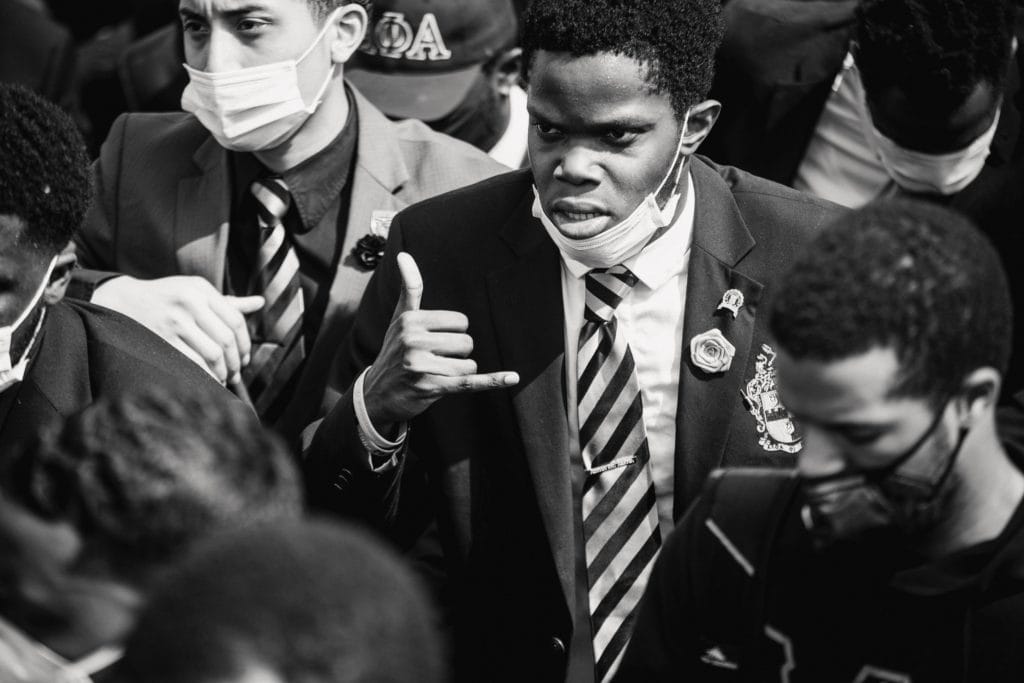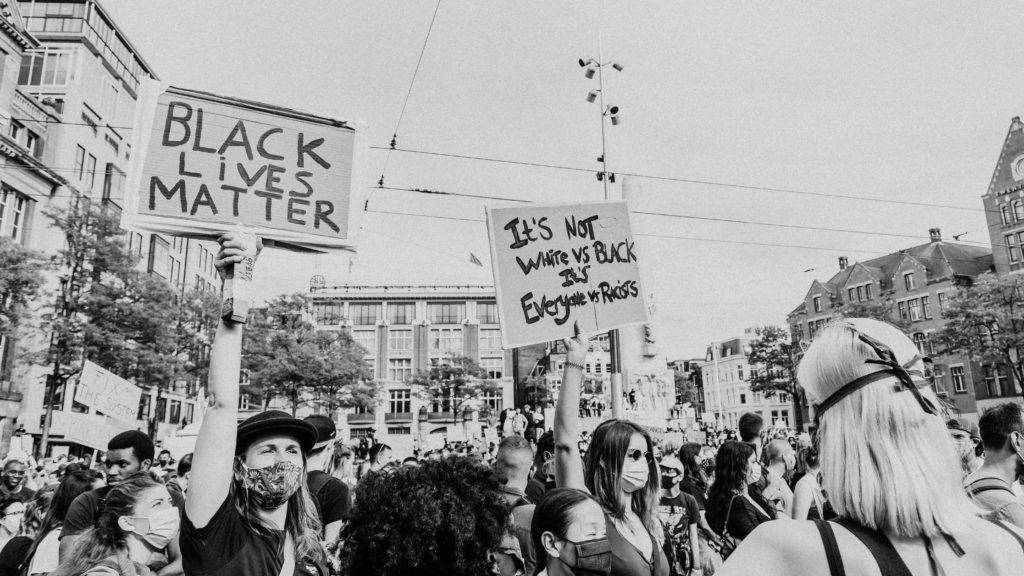Today we commemorate Juneteenth, the celebration of the end of slavery in the United States. This year many cities, states, and companies are commemorating Juneteenth with holidays, speeches, picnics, and ceremonies.
For many people, myself included, this year may be the first time we have learned about Juneteenth. And I struggled with whether it was appropriate for us, as an eLearning company, to say something about it – do we have anything meaningful or authentic to add to the conversation on race relations in our country?
With the current unrest, many businesses and local governments are making statements about Juneteenth, usually with admirable intentions but sometimes with a message that may come across as pandering, or trendy, or even hypocritical. I am wary of doing something just because it “feels good.”

In doing some research, I came across two items that I found particularly interesting and shareworthy:
First, there is this question of timing – Major General Gordon Granger issued orders on June 19th, 1865, informing the people of Texas that “all slaves are free.” This is well over two years after Lincoln’s Emancipation Proclamation, and nearly three months after Lee surrendered to Grant at Appomattox, ending the civil war. Why the delay?
Some attribute it to the times – there was no internet, no telephones, no FedEx. Information moved slowly by today’s standards.
But there are also stories of slave owners who held back the information, hoping to get through another harvest before they had to tell their workers that they were free (and should be paid). Slavery is a dark stain on our past but is even darker for those who intentionally held back on educating others for their own benefit.
Do we still do that today?
On a related note, Martin Luther King Jr wrote an essay while at Morehouse College in 1947, entitled “The Purpose of Education”. In it MLK pointed out that education is not only about knowledge: “We must remember that intelligence is not enough. Intelligence plus character—that is the goal of true education. The complete education gives one not only power of concentration, but worthy objectives upon which to concentrate.”

To those of us in the Learning and Development industry, these stories should challenge us. Are we delaying education from those who need it most? Are we filling our learning paths with culture as well as utility? Sometimes the choices we make – for example, what educational opportunities are available to different groups in our organization – speak volumes about not only our character but the character of our organization.
There’s an old cliché in the training industry, the joke where a manager asks “What if I train them and they leave?” The learning pro responds, “What if you DON’T train them and they STAY?”. The joke still works today because our companies are too often focused on this month’s OKR, on next quarter’s financials – always looking at our next harvest.
Education is perhaps the best tool for empowering all people and for promoting equality. We’re 150+ years past the first Juneteenth and yet we still live in a society where many face discrimination. As trainers, how can we do more to empower the people in our care and help them succeed?
– Chip Reaves, President, Bigger Brains
P.S. If you are looking for additional ways to get involved, I recommend this blog post.



